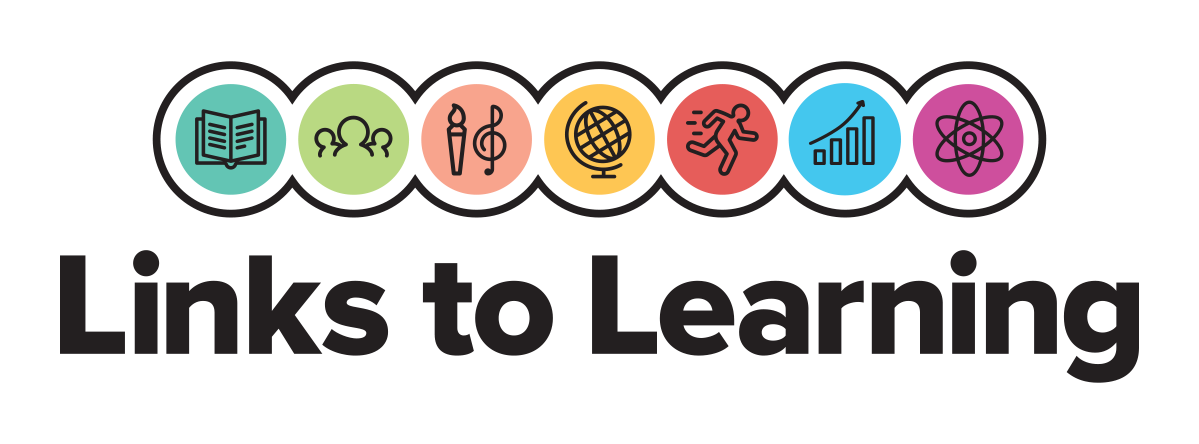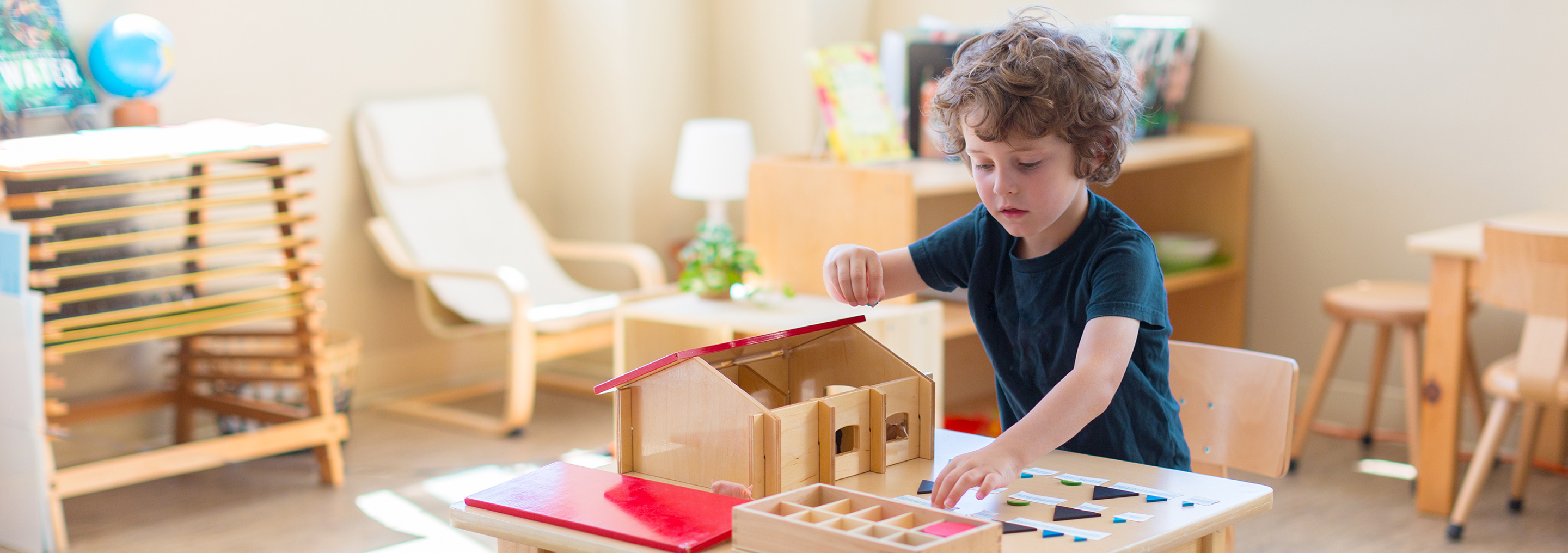- View All
- Topics
- Search
Blog Archive
-
2025 (1)
- January (1)
-
2024 (10)
- December (1)
- October (1)
- September (1)
- August (1)
- July (1)
- June (1)
- April (1)
- March (1)
- January (2)
-
2023 (9)
- September (1)
- August (1)
- July (1)
- June (1)
- May (1)
- April (1)
- March (1)
- February (1)
- January (1)
-
2022 (3)
- December (1)
- November (1)
- September (1)
-
2021 (3)
- November (1)
- March (1)
- February (1)



Montessori vs. Daycare: What Is The Difference For Your Child?
When the parents of infant, toddler, or preschool children come tour our Evergreen Academy Montessori schools, they often want to understand the differences between a high-quality Montessori program and a traditional daycare center.
Our first answer is this: seeing is believing! Come for a tour at an Evergreen Academy Montessori, then compare what you see to your observations at a traditional daycare. (If you haven’t toured yet, contact us to schedule a tour!) When you come in for a tour or if you reflect on a tour you may have recently gone on at a daycare center, here are some differences to note between our Montessori program and daycare:
Child-Led Exploration Vs. Adult-Led Group Activities
Typical daycare centers have adult-set schedules in which children are shuffled into a new activity every 20-40 minutes: circle time, followed by art, followed by outside play, etc. Typically, the whole group is required to move together from activity to activity, whether they’re engaged in the current activity or not. Instruction happens in a group setting, at a group pace, even if some children move more slowly or more quickly. In contrast, a high-quality Montessori program supports a child’s budding independence and self-discovery. Children have the luxury of time to choose their activities and fully explore them at their own pace. Most instruction is one-on-one: teachers give short, 5-minute presentations to individual children after which they are allowed to continue practicing until they’re satisfied.
Many daycare settings have a high noise level, and lots and lots of messes. While there is a time for messes (we love for children to play in the mud, finger paint, or explore foam), in general, well-run Montessori environments are surprisingly calm and orderly. Since our goal is to enable children to learn to focus and to engage joyfully in a chosen activity, we need to provide them with an environment where they can do so without constant interruption and distraction!
Highly Trained Teachers Vs. State Minimum Standards
Most childcare staff have minimal training (often just the early childhood education units required by law). Many daycare centers have high turnover as poorly trained and poorly paid daycare providers get burned out with the challenge of managing young children. In contrast, at Evergreen Academy Montessori, our lead teachers either join us with a Montessori teaching credential (most often from an AMS training program) or complete their training while employed with Evergreen Academy. Our newly launched partnership with Eagle Montessori Teaching Academy will be yet another way we will provide training and continued professional development to our educators!
Free play is important to children, and we encourage parents to provide imaginative play activities at home. At the same time, we know that in the right environment, infants, toddlers, and preschoolers are eager to learn through exploration and practice. Children in a Montessori program are surrounded by exciting opportunities to develop their skills: they practice opening and closing containers; they learn to button shirts; they identify objects by touch, sort things by color, transfer items with spoons, learn to pour water, put together puzzles, learn to cut with scissors, sew with laces, string beads, and so much more! The activities we offer in our classrooms provide a welcome change from what children typically find at home, unlike most daycare settings, where shelves and boxes are full of the same things your child already has at home— Legos, blocks, wooden trains, cars, dolls, dress-up clothes, noisy plastic toys, and the like.
Grace and Courtesy Vs. Group Conformity
Many parents are hoping their child will be “socialized” when they enroll in a daycare or preschool program. But socialization can mean different things in different settings. In Montessori, we guide children to develop what we call grace and courtesy. We establish clear rules that support a peaceful classroom: for instance, children may only take activities from shelves, never from another child. We give children the language they need to express their needs (“I am working with this, you may have it when I am done,” “I don’t like it when you talk loudly,” or “I feel angry because you messed up my work.”) Teachers model benevolent and cooperative behavior – for example, by shaking hands while looking into a child’s eyes as the child comes to class, or demonstrating how we politely offer food to a friend at snack time. The Montessori focus on teaching individual, pro-social skills, is different from the group conformity at many daycare programs, where developmentally inappropriate skills, such as sitting still for an extended circle time in toddler classrooms, or forced “sharing” of toys may be expected from preschoolers, without regard for the actual cognitive and emotional needs of the child.
In Montessori, the goal is to help children acquire self-discipline: we want children to understand the right course of behavior, and to be internally motivated to behave well. Our teachers don’t expect immediate obedience, nor do they offer rewards (praise, stickers, etc.) for good behavior, and punishment (time outs, for example) for bad behavior. Instead, we believe that children naturally want to do and be good and that by setting up the right environment, and modeling kind, respectful behavior, we can guide your child to develop inner discipline. When a child does misbehave, we emphasize positive alternatives. For example, when a child runs in class, we don’t chide him, “No running in class!”; instead, we calmly explain, “We walk in class. Let’s go back and walk to the sink together.” And because we have mixed-aged classrooms, older returning students can model healthy behavior; younger children benefit from the example of their older peers, and older children benefit from the opportunity to mentor and guide their younger peers.
Does our Montessori approach work? We invite you to come and see for yourself! Most parents are astonished to see how calm, capable, confident, and serenely happy the children in our Montessori classrooms are. If you doubt that your own rambunctious, active toddler or preschooler could ever be like that, rest assured that the children you now observe calmly seated eating snacks together came to us no different than your child. The Montessori environment is that different from other daycare settings, and that’s why Montessori children behave differently, too!